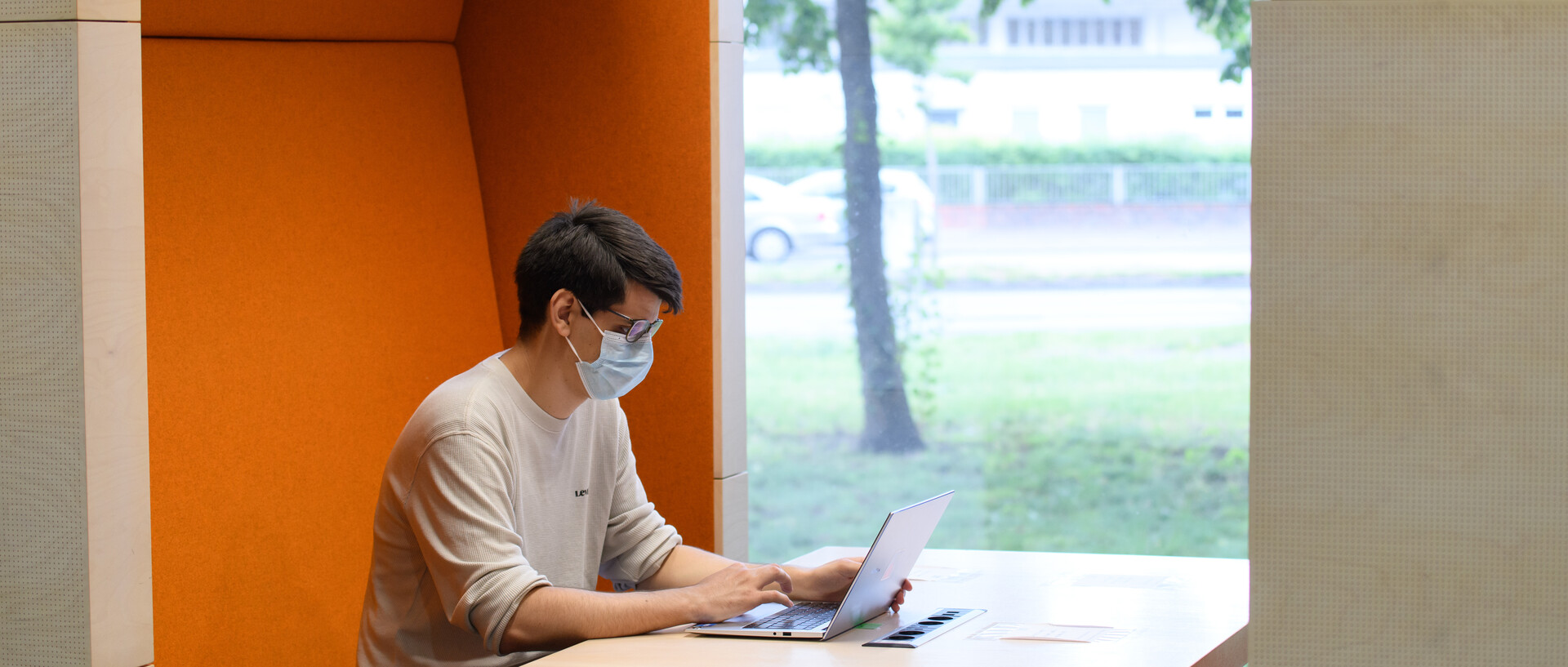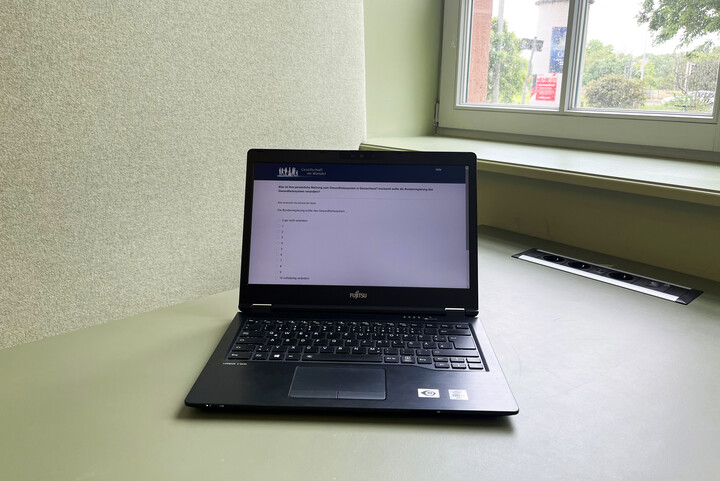Mannheim Corona Study
The Mannheim Corona Study (MCS) is a project of the German Internet Panel that examines the social changes caused by the Corona pandemic in Germany.
Topics
- Changes to the job (e.g. home office, leave of absence, job loss) and financial hardship due to the Corona crisis
- the childcare situation of children and adolescents before and during the Corona crisis
- Frequency of social interactions
- the extent to which individuals are personally affected by the Corona virus and their subjective health risks
- Feelings of fear and concern
- Satisfaction with the work of selected politicians
- Attitudes towards democratic processes during the Corona crisis
- Attitudes towards the economic costs and benefits for society of measures taken to contain the pandemic
Researchers
The Mannheim Corona Study is supported by the Collaborative Research Center (SFB) 884 “Political Economy of Reforms”.
The following researchers have particularly contributed to it in their former positions:
Project Director
Prof. Dr. Annelies Blom, Director of the GIP and Professor for Data Science
Dr. Ulrich Krieger, Deputy Director of the GIPSociology
Prof. Dr. Katja Möhring, Project Head at the SFB 884 and Professor for Macrosociology
Dr. Elias Naumann, Postdoc at SFB 884 and JFK Memorial Fellow at Harvard University
Maximiliane Reifenscheid, Doctoral Candidate at SFB 884Political Science
Dr. Roni Lehrer, Associate at SFB 884 and Postdoctoral Fellow at MZES
Sebastian Juhl, Postdoc at SFB 884Economics
Prof. Dr. Friedrich Heinemann, Project Head at SFB 884 and Research Group Head at ZEW
Prof. Dr. Hans Peter Grüner, Project Head at SFB 884 and Professor for Economics, Economic PolicyMethodology and Implementation
Tobias Rettig, Doctoral Candidate at SFB 884
Dr. Alexander Wenz, Associate at SFB 884 and Postdoc at the University of Mannheim
Marina Fikel, Researcher at SFB 884
Dr. Carina Cornesse, Postdoc at SFB 884
Sabine Friedel, Researcher at SFB 884
Julian Axenfeld, Doctoral Candidate at MZES
and the student assistants of the GIP Marie-Lou Sohnius, Lisa Wellinghoff, Sabrina Seidl, Elena Madiai, Julia Kozilek, Nourhan Elsayed, Lisa Jäckel, Julia Schwab, and Katja SonntagWith the Support of the SFB Board
Prof. Dr. Thomas König, Spokesperson of the SFB 884 and Professor for European Studies
Prof. Dr. Markus Frölich, Deputy Spokesperson of the SFB 884 and Professor for Econometrics
Prof. Dr. Annelies Blom, Director of the GIP und Professor for Data Science
Dr. Christian Bruns, Research Fellow at SFB 884
Prof. Dr. Friedrich Heinemann, Project Head at SFB 884 and Research Manager at ZEW

Contact
German Internet Panel
University Library
Schloss Schneckenhof
68161 Mannheim




